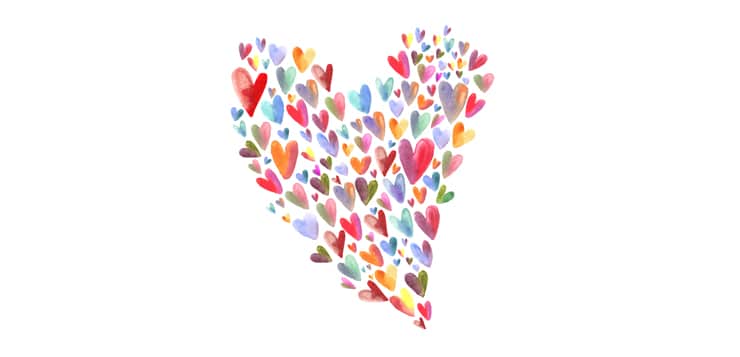How do you define happiness? We all know that happiness doesn’t come with a price tag, or fame, or success. But, with busy lives and news streams filled with varying degrees of sad news, how can we justify seeking happiness at all? We had the opportunity to sit down with meditation teacher and best-selling author Sharon Salzberg to ask her a few questions about how mindfulness is connected to happiness and how we can tap into happiness to be more effective in our lives.
Heather Hurlock: How is happiness connected to mindfulness?
Sharon Salzberg: “One of my meditation teachers said that the most important moment in your mediation practice is the moment you sit down to do it. Because right then you’re saying to yourself that you believe in change, you believe in caring for yourself, and you’re making it real. You’re not just holding some value like mindfulness or compassion in the abstract, but really making it real. Mindfulness, or the ability to be present with our experiences without the intrusion of so many old habits, cultivates our inner resources. And when we develop those resources we become not so defined by the things that are going on around us, and we’re more able to let go gracefully, we have a sense of grounded-ness, and I think that makes us very happy.”
We’re always starting over and starting over and starting over. Meditation helps us do that with kindness and compassion and happiness.
HH: People often think that seeking happiness is a selfish pursuit. How do you respond to that?
Sharon: “Happiness can be a controversial word, and some people associate it with something superficial, like endlessly seeking pleasure. But happiness is not about being selfish at all. To me, happiness is having a sense of our inner resources, which allows us to care about others and pay attention to others, as much as it helps us care for ourselves. Cultivating happiness means building up your inner resources by taking time to be mindful, training your attention so that you don’t get so caught up in things. That’s why we practice. We don’t practice to become great meditators; we practice to have a different life.”
HH:How does mindfulness make us more effective in our lives?
Sharon: “Mindfulness teaches us how to start over. When you sit down, try to quiet your mind, and focus your attention on the sensations of the in and out breath, it’s not going to be 800 breaths until your mind wanders. It’s going to be one, or two, and then you’ll be lost in thought, lost in the past, lost in the future. Noticing how you speak to yourself in that moment when your mind wanders is an essential part of the practice. Is your voice harsh and judgmental? Take note. Be kinder to yourself. Tell yourself, “it’s okay, just let go, start over.” Beginning again is the most important part of the whole process. That’s the life skill we take into our everyday worlds. The nature of everything is change. Nothing in life is a straight shot where you make a decision, and you’re going for something, and you never fall down, and you never falter, and you never get distracted. We’re always starting over and starting over and starting over. Meditation helps us do that with kindness and compassion and happiness.”






